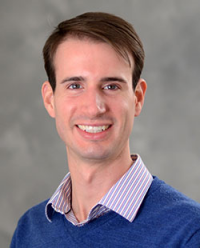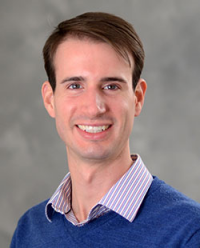
Hereditary cancer risk assessment barriers among LGBTQ+ community
Family history is critically important in hereditary cancer risk assessment. However, openness about sexual and gender identity may lead to strained family relationships and reduced communication about a family history of cancer.
As a result, members of the LGBTQ+ community may have more difficulty accessing genetic counseling services for inherited cancer risk.
 The two most prevalent hereditary cancer syndromes, hereditary breast and ovarian cancer syndrome (HBOC) and Lynch syndrome, affect an estimated 1 in 130 individuals in the United States.
The two most prevalent hereditary cancer syndromes, hereditary breast and ovarian cancer syndrome (HBOC) and Lynch syndrome, affect an estimated 1 in 130 individuals in the United States.
Despite documented disparities in other healthcare settings, there has been a lack of research exploring disparities faced by the LGBTQ+ community in hereditary cancer risk assessment and genetic testing.
“Inability to access genetic counseling services could delay life-saving cancer screening or risk-reduction strategies,” said Brad Rolf, genetic counselor and lead author of the study.
To explore potential barriers, researchers applied a mixed-methods approach. Using the Cancer Health Assessments Reaching Many (CHARM) study cohort who self-identified as LGBTQ+, a risk assessment survey and subsequent interviews were conducted.
They found that study participants who identify as LGBTQ+ were more likely to have unhealthy family functioning than non-LGBTQ+ participants, and some interviewees endorsed that openness about their LGBTQ+ identity led to strained family relationships and reduced communication about their family history of cancer.
“It is incumbent on genetic counselors to recognize the possible limitations of a negative family history during a hereditary cancer risk assessment in this population and, when possible, reduce barriers to accessing genetic counseling and testing services for those with limited family history knowledge,” said Rolf.
The study results were recently published in the Journal of Genetic Counseling. Brad Rolf, genetic counselor and associate program director for the Masters in Genetic Counseling Program, is lead author and Dr. Gail Jarvik, professor and head (Medical Genetics) is co-author.